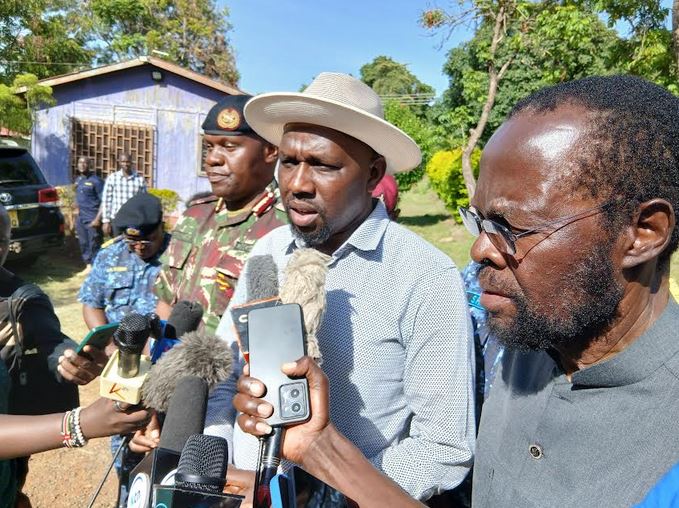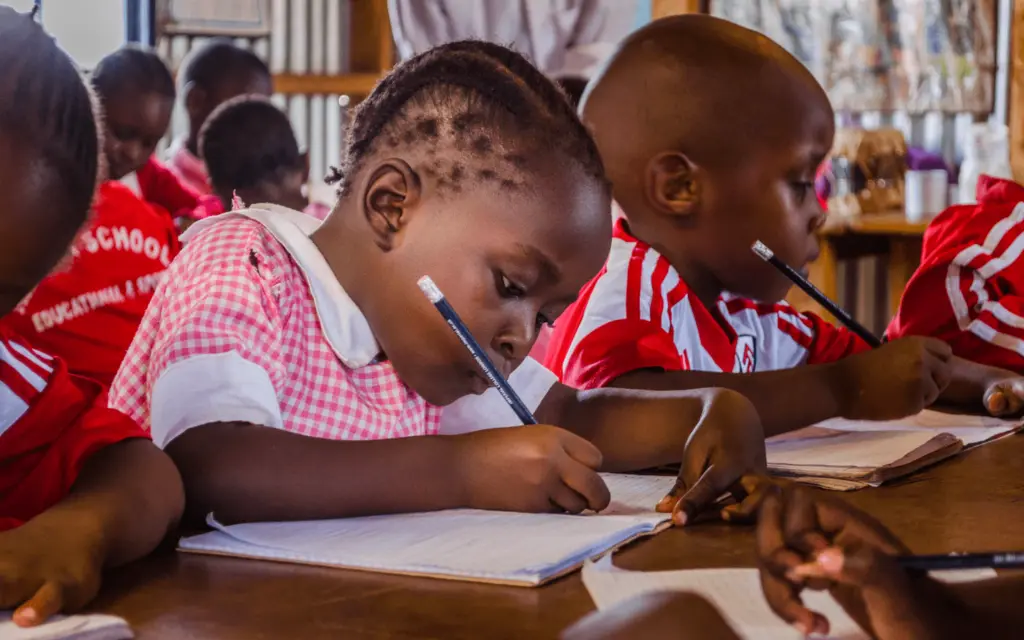The Presidential Working Party on Education Reform (PWPER) has recommended the implementation of Recognition of Prior Learning (RPL) policy and Credit Accumulation and Transfer Systems (CATS) in Kenya.
In a report presented to President William Ruto, Prof Raphael Munavu led team also wants more awareness creation on Recognition of Prior Learning and Credit Accumulation and Transfer Systems.
“We recommend the development of a framework for linkages among TVETs to remove duplication and create centers of excellence based on niche,” reads the report.
In 2021, during Madaraka day celebrations in Kisumu county, former President Uhuru Kenyatta announce that the government was keen to give every Kenyan, an opportunity to participate in economic development noting that the move was to address the inequity in tendering for contracts by jua kali artisans and craftsmen, due to their lack of certification and to secure opportunities for them.
Already Education Cabinet Secretary for Education Ezekiel Machogu has appointed a team to review RPL framework as well as organize the first graduation of RPL learners in September this this year.
The move is to provide a framework for recognition of skills through award of certificates, based on competence to better enable them participate in various economic opportunities.
Recognition of Prior Learning (RPL) has been adopted as a redress mechanism for the past inequalities, facilitating improved employability, mobility, progression and access within education, training and development career paths.
Internationally RPL is used as a tool for lifelong learning through provision of access to higher education, Award credit towards a qualification, Admissions into formal institutions of Learning, advanced standing and credit accumulation and transfer, RPL for credit transfer or harmonization (national and foreign credits), RPL for recognition of experiential learning, RPL for upgrading of skills or qualifications and regulatory requirements of some sectors in terms of employing qualified persons.
The KNQF Act Section 8(1) (k) mandates the authority to promote lifelong learning and recognize the acquisition of skills obtained through different methods formally, non-informally and informally.
The Authority recognizes that not all skills are acquired in classroom setting.
There are mechanics, technicians, plumbers, and tailors with excellent skills they have acquired in the course of their work.
These skills, although contributing immensely to our socio-economic development, are mostly undocumented, unappreciated and remain neglected.
The team has also recommended the review the Kenya National Qualification Framework Act No. 22 of 2014 and its Regulations.
Already the Authority has invited Kenyans and other stakeholders to submit their views by August 16th, 2023.
“In view of the above and compliance with Article 10 of the Kenyan Constitution, Kenya National Qualifications Authority invites members of the public, stakeholders and organizations to submit any comments, views or make presentations regarding the proposed KNQF draft Regulations, 2023,” reads the public notice.
The draft Kenya National Qualifications Framework Regulations, 2023 is available on www.knqa.go.ke.
The Authority was established with an aim of creating a harmonized and well-coordinated national accreditation system, quality assurance, and assessment and examination system to ensure that Kenyan qualifications are of high quality and meet national and global standards.
The Authority is also responsible for strengthening quality assurance of the qualifications awarding system in Kenya.
KNQA embarked on revision and regularization the 2018 regulations this year following a directive by Committee on delegated legislation.
Under the Standing orders 210, the Committee on delegated legislation is mandated to consider any statutory instruments on whether it is in accordance with the provisions of the constitution, the Act pursuant to which it is made or other relevant written laws.
In line with the requirement to harmonize qualifications, KNQA has developed and is implementing the Kenya National Qualifications Framework (KNQF) and several policies and standards.
Regarding the CATS, Section 8 (l) of the KNQF Act No. 22 of 2014 mandates KNQA to facilitate linkages, credit transfers, exemptions and vertical and horizontal mobility at all levels to enable entry, re-entry and exit.
Students who have completed specific TVET qualifications may be granted credit towards their degree program, reducing the number of modules or courses they must complete.
However, the CAT system has not been embraced across all higher education levels.
By Our Reporter
Get more stories from our website: Education News
To write to us or offer feedback, you can reach us through: editor@educationnews.co.ke
You can also follow our social media pages on Twitter: Education News KE and Facebook: Education News Newspaper For timely updates.






